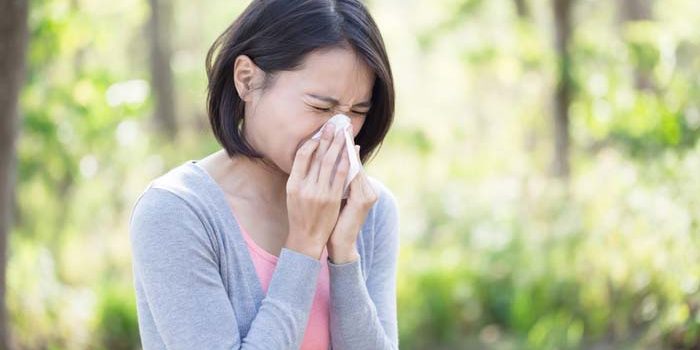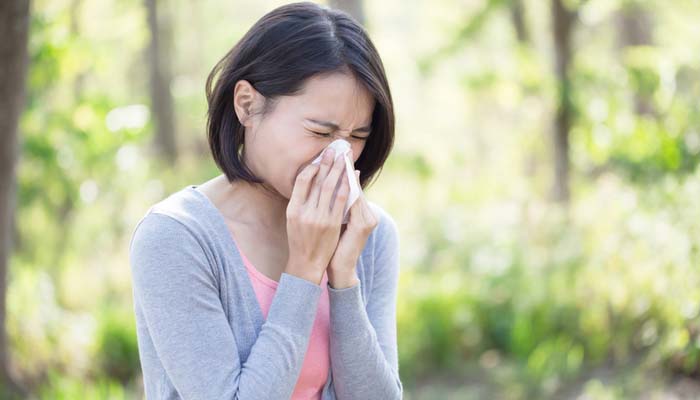


Warm weather, blooming flowers and constant sneezing are the hallmarks of Spring. While we love the pretty flowers and warm temperatures, we could do without all the congestion.
To help you fight the worst of your Spring allergies, we’re rounding up some of the top decongestants. Here’s how you can beat your seasonal allergies this year.
Top Decongestants for Spring
Why Decongestants?
Decongestants perform a very different role from antihistamines. Antihistamines prevent your body from engaging in the immune behavior that causes allergy symptoms like sneezing, itching, watery eyes and the like. Decongestants, on the other hand, do what their name says. They simply help clear nasal congestion.
How they do that has to do with the mucus membranes in your nasal cavity. Allergies cause these linings in your nose to swell and become agitated. Decongestants work by causing the blood vessels in these membranes to contract. This, in turn, results in the passageway becoming more open for air to pass through.
What They Don’t Do
Decongestants, it’s worth noting, don’t do the same thing as antihistamines. They are unable to help with normal allergy symptoms like sneezing, itching, redness of the eyes and the like. These symptoms are better treated with an antihistamine, such as Allegra or Benadryl.
That said, taking just an antihistamine alone isn’t enough to address all of your allergy symptoms. If you want full relief, you need both!
Best Decongestants
There are several different types of decongestant that are preferred by different people. They can be taken in pill form, as a nasal spray or even as liquids or nose drops. The common types of pill-form decongestants are typically a combination decongestant-antihistamine. An example of such a product would be Allegra-D, or Benadryl Allergy.
Notably, these types of medications often have the side effect drowsiness. It’s not recommended you start your day taking an antihistamine-decongestion hybrid medication.
Types
There are a few different medications that can have decongestion properties. Oxymetazoline is found in products like Dristan and Vicks, for instance. Pseudoephedrine is found in Sudafed, Silfedrine and other such products. Likewise, Sudafed PE and Suphedrine PE contain phenylephrine.
The differences between these compounds is not noticeable from an “active ingredient” standpoint for the patient. They all have the effect of helping to decongest a stuffy nose! That said, they have distinct properties when it comes to allergies and interactions, so make sure you carefully research any medication, even over-the-counter, before you take it.










